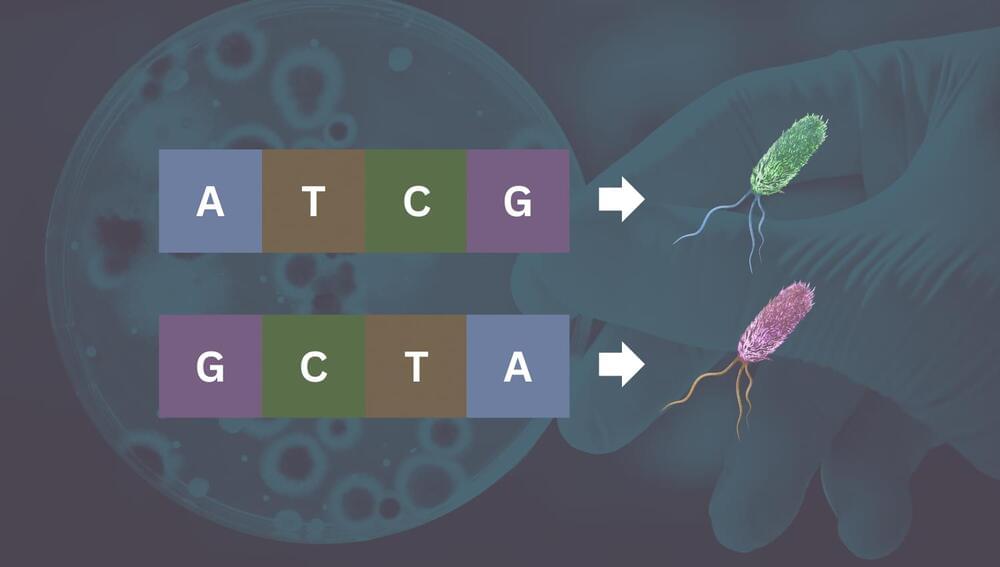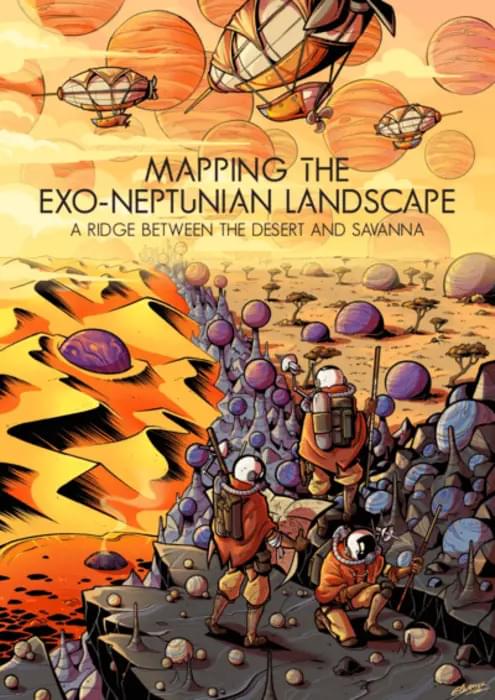Imagine being one cartwheel away from changing your appearance. One flip, and your brunette locks are platinum blond. That’s not too far from what happens in some prokaryotes, or single-cell organisms, such as bacteria, that undergo something called inversions.
A study led by scientists at Stanford Medicine has shown that inversions, which cause a physical flip of a segment of DNA and change an organism’s genetic identity, can occur within a single gene, challenging a central dogma of biology — that one gene can code for only one protein.
“Bacteria are even cooler than I originally thought, and I’m a microbiologist, so I already thought they were pretty cool,” said Rachael Chanin, PhD, a postdoctoral scholar in hematology. Microbiologists have known for decades that bacteria can flip small sections of their DNA to activate or deactivate genes, Chanin said. To the team’s knowledge, however, those somersaulting pieces have never been found within the confines of a single gene.







